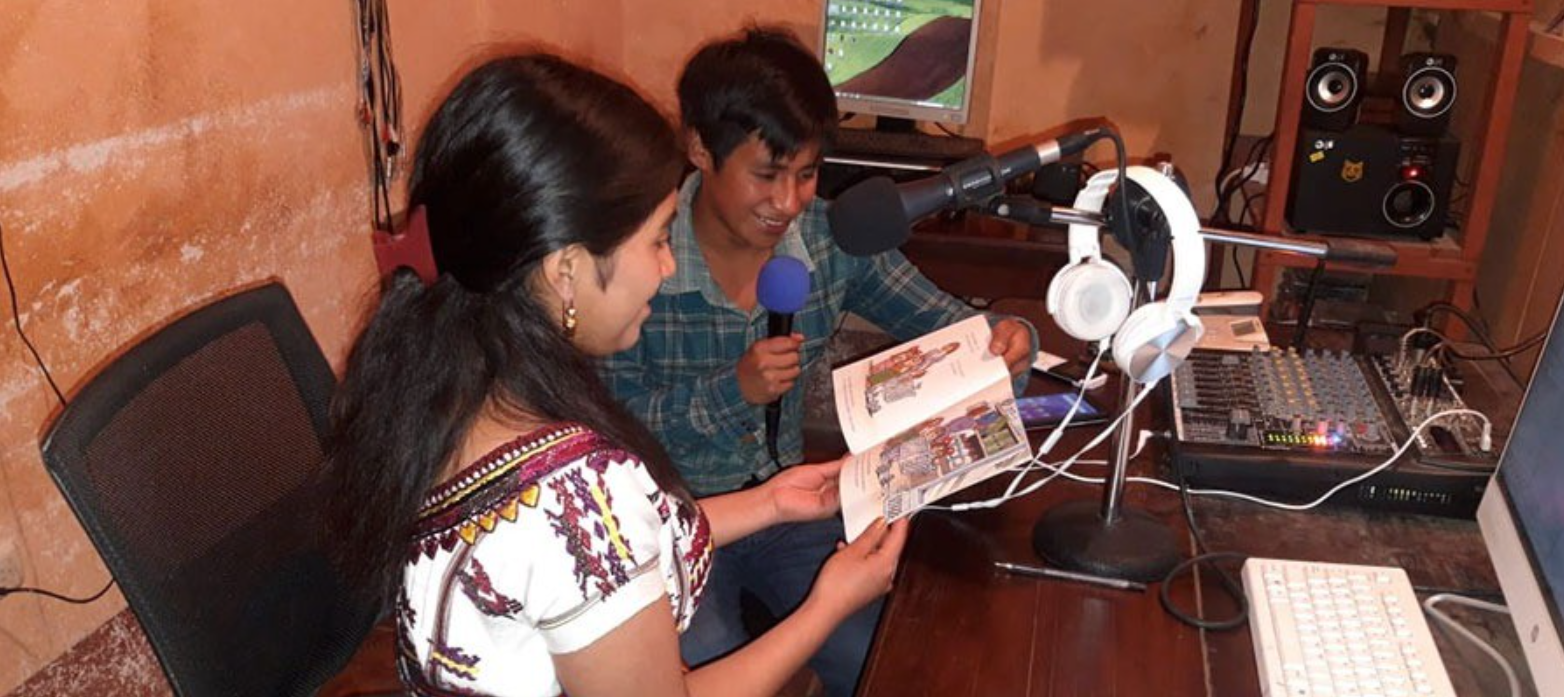The International Literacy Day and UNESCO’s International Literacy Prizes

© UNESCO
International Literacy Day (ILD) celebrations have taken place annually around the world since 1967 to remind the public of the importance of literacy and to advance towards a more literate and sustainable society. Despite progress made, literacy challenges persist with 771 million illiterate people around the world, most of whom women, who still lack basic reading and writing skills and are faced with increased vulnerability.
This year’s International Literacy Day were celebrated under the theme, "Transforming Literacy Learning Spaces”, which constituted an opportunity to rethink the fundamental importance of literacy learning spaces in building resilience and ensuring quality, equitable, and inclusive education for all.
During the celebration, UNESCO awarded six outstanding literacy programmes from Côte d’Ivoire, Egypt, Guatemala, India, Mexico and South Africa as winners of its International Literacy Prizes. During the COVID crisis, these programmes continued to help students learn to read and write through accessible technologies. The official award ceremony was held virtually under the title “Literacy for a human-centred recovery: Narrowing the digital divide”.
Two prizes were presented, the UNESCO King Sejong Literacy Prize and the UNESCO Confucius Prize for Literacy, to three winners each. The winning projects are as follows:
1. The UNESCO King Sejong Literacy Prize:
a. 'Broadcasting Bilingual Stories: Promoting interactive literacy programming in rural Guatemala' of Limitless Horizons Ixil (LHI), Guatemala.
b. ‘Enabling the education of people with disabilities through technology-enabled inclusive learning material, with specific focus on Indian Sign Language based content' of the National Institute of Open Schooling (NIOS), India.
c. 'Using digital technologies to promote children's literature in South Africa's indigenous languages' of Puku Children's Literature Foundation, South Africa.
2. The UNESCO Confucius Prize for Literacy:
a. ‘Building & Growing’ of Construyendo y Creciendo, Mexico.
b. Experience in organizing online literacy classes for rural areas in Egypt of Ain-Shams University, Egypt.
c. 'Functional literacy for vendors in Abidjan through the use of ICT' of the Association of Literacy Teachers Who Use Information and Communications Technology’ (GA-TIC), Côte d’Ivoire.
For more information about the prizes and the winning projects, kindly check the detailed article on the UNESCO website at the following link: en.unesco.org
For more information: unesco.org